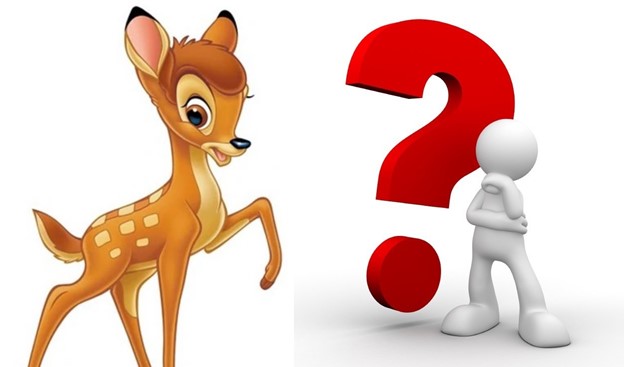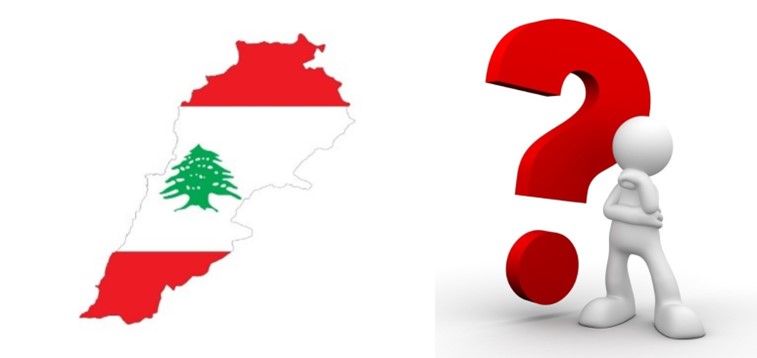
In Canada, and elsewhere in the world, like in Germany, there seems to have been gaps in measles vaccination which have lead to repeated outbreaks of the disease (https://shorturl.at/0jOlI).
Measles in also called rubeola or “rougeole” in French. According to Mayo Clinic, this disease, which “was once a common childhood illness“, is “caused by a virus that spreads easily through the air and settles on surfaces. A vaccine can prevent measles infection” (https://shorturl.at/YveqP).
Bambi got curious about this outbreak currently observed in her province of New Brunswick, she googled information from the other Canadian provinces/territories. She started with Québec, of course in the French language. However, after reading the latter, she immediately searched the English translation. No, it was not because of medical information, but of rather the odd linguistics: in Québec, women do not exist at all on the government website when it comes to measles. Indeed, they are called “personnes enceintes”. Mmm, how did Québec bureaucrats translate this in English, she wondered. Yes, as you could guess, it is “pregnant people” (https://shorturl.at/lE3eK).
Well, for those who do not know it, Bambi had been pregnant—and miscarried—three times in her life. In all those short yet significant periods in her lifetime, she was a “pregnant woman”. Indeed, she was NOT a pregnant person or individual.
As Québec-based journalist Sophie Durocher argued well, the new language that excludes the word “women” is meant to erase the specificity of women from the public space. Indeed, Ms. Durocher denounced this trend in her book entitled “Où sont les femmes? L’effacement du féminin dans l’espace public” [in English, “Where Are the Women? The Erasure of the Feminine in Public Space“] (https://shorturl.at/STtt5).
The above being said, let Bambi share with you the rest of the results of her quick Google search. In summary, it seems that women still exist in some ministries of heath, but not others and in one of our official languages, but not the other.
Indeed, although the English chosen word is mainly “people” and at times “individuals”, the French translation sometimes still includes the word “women” like in PEI as well as in Nunavut where pregnancy is experienced by “women” in French and “individuals” in English (https://shorturl.at/B452a). Interestingly, it is experienced by the “mères enceintes” [meaning “pregnant mothers”] in Newfoundland and Labrador (https://shorturl.at/bxkBm).
Clearly for the Saskatchewan (https://shorturl.at/d39Zl), Ontario (in both English and French; https://shorturl.at/KB6FU), NB (in both official languages, https://shorturl.at/wl3Te), Yukon (in both English and French, https://tinyurl.com/z8xkcv7n), and the English only NS (https://tinyurl.com/bdzdnnej as well as BC (https://tinyurl.com/2xd78he7) governmental websites use the term “pregnant people”.
Of note, the Alberta government website, and not just the information about measles, is translated into 16 languages, including English and French. In English, although the term “individuals” is used, it seems to be accurate English grammar and also describes other categories of individuals at risk. In other terms, it does not seem to be meant as being “pregnant individuals” (https://shorturl.at/U7R3U). To confirm this, Bambi double-checked other governmental sources.
Last but not least, and thank Goodness, the woke jargon does not seem to have reached Manitoba (https://shorturl.at/Gc60z), in English as well as French, and the Northwest Territories yet. Indeed, there the English only government website still uses the term “pregnant women”. Thanks to these Canadian province and territory!
To conclude this post, perhaps you are a reader who happens to be a mother and/or a daughter, how do you feel about not being publicly called a woman anymore? Does it bother you or you do not care? Do you feel kinder or more welcoming/inclusive toward a very tiny minority of trans men (who kept their uterus!) and thus delivered? Bambi cannot help not to think of Mr. Rafi Daugherty, from Denver, USA. Proudly, in 2016, he expressed the following after the birth of his child: “I am a single transgender man having my first baby,” it read. “I use he/him/his pronouns and will be called ‘Abba’ (Hebrew for father) by the baby. Papa, Dad, Daddy, Father…are also ok.” Congrats/Mazel Tov to him again and to his now 9-year-old child (https://tinyurl.com/4craw4jv)! Although Bambi hopes they are leading a happy life, she still prefers to be called “woman” by her government!












